Problem : Find
The main challenge is handling queries(Q) which can be large . 1 <= Q <= 
Methods I have used so far :
Brute Force
while(Q--)
{
int N;
cin>>N;
for(int i=1;i<=N;i++)
ans += lcm(i,N)/i ;
}
Preprocessing and Handling queries in 
First I build a table which holds the value of euler totient function for every N. This can be done in O(N).
void sieve()
{
// phi table holds euler totient function value
// lp holds the lowest prime factor for a number
// pr is a vector which contains prime numbers
phi[1]=1;
for(int i=2;i<=MAX;i++)
{
if(lp[i]==0)
{
lp[i]=i;
phi[i]=i-1;
pr.push_back(i);
}
else
{
if(lp[i]==lp[i/lp[i]])
phi[i] = phi[i/lp[i]]*lp[i];
else phi[i] = phi[i/lp[i]]*(lp[i]-1);
}
for(int j=0;j<(int)pr.size()&&pr[j]<=lp[i]&&i*pr[j]<=MAX;j++)
lp[i*pr[j]] = pr[j];
}
For each query factorize N and add d*phi[d] to the result.
for(int i=1;i*i<=n;i++)
{
if(n%i==0)
{
// i is a factor
sum += (n/i)*phi[n/i];
if(i*i!=n)
{
// n/i is a factor too
sum += i*phi[i];
}
}
}
This takes O(sqrt(N)) .
Complexity : O(Q*sqrt(N))
Handling queries in O(1)
To the sieve method I described above I add a part which calculates the answer we need in O(NLogN)
for(int i=1;i<=MAX;++i)
{
//MAX is 10^7
for(int j=i;j<=MAX;j+=i)
{
ans[j] += i*phi[i];
}
}
This unfortunately times out for the given constraints and the time limit (1 second).
I think this involves some clever idea regarding the prime factorization of N . I can prime factorize a number in O(LogN) using the lp(lowest prime) table built above but I cant figure out how to arrive at the answer using the factorization.


